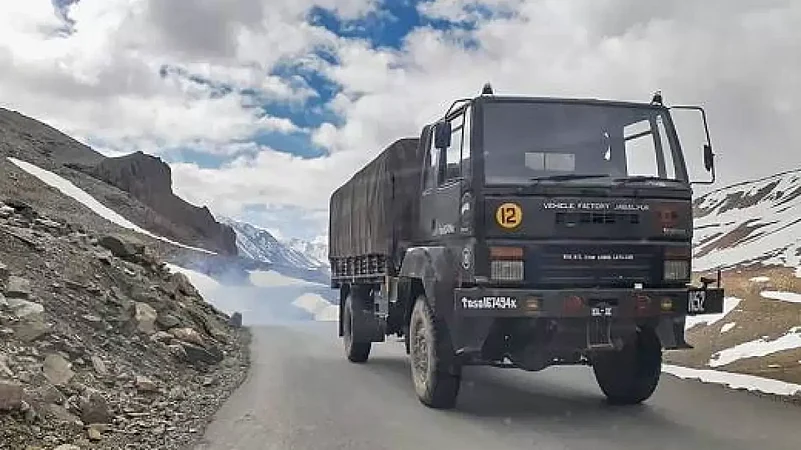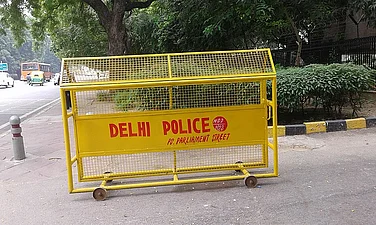In the shadow of the India-China border, a tale of migration unfolds as remote villages grapple with inadequate education, healthcare, and economic prospects, pushing residents to urban centers. However, a glimmer of hope emerges in the form of the Vibrant Villages Programme, a visionary initiative unveiled by the Narendra Modi government, aimed at transforming these marginalized communities into thriving hubs of opportunity and empowerment.
Approved on February 15, the program has ignited optimism among local leaders, particularly the sarpanches who oversee these border areas. Envisioned as a comprehensive solution, the Vibrant Villages Programme seeks to bolster security along the border while ushering in a wave of development. Union Tribal Affairs Minister Arjun Munda, having convened over 200 sarpanches from regions like Himachal Pradesh, Uttarakhand, Arunachal Pradesh, Sikkim, and Ladakh, expressed the government's resolute commitment to turn these 'last villages' into the nation's 'first villages.'
Centered on a multifaceted approach, the initiative spotlights employment creation, robust infrastructure including all-weather roads and robust communication networks, upgraded water supply and healthcare services, harnessing renewable energy sources, and uninterrupted electricity access through solar and wind energy. Remarkably, 17 ministers from the Modi government have ventured into border villages, spending nights to gain firsthand insights into the challenges faced by these communities, as reported by PTI.
In a historic gesture, representatives from these very border villages will partake in the upcoming Independence Day celebrations in the national capital, signaling a significant recognition of their vital contributions to the nation's security fabric.
For sarpanch Pitambar Singh of Uttarakhand's Mana village, nestled at an altitude of 11,000 feet, the Vibrant Village Programme holds the promise of rectifying long-standing grievances. Singh noted the tangible shift in administrative engagement with the community, fostering renewed hope for sustainable development and reduced migration.
Intriguingly, these border villages also harbor untapped tourism potential and inherent artisanal skills that await nurturing. Kokam Kani of Taba village in Arunachal Pradesh stressed the urgency of basic infrastructure and connectivity to counter the exodus of residents seeking better opportunities elsewhere.
Pradeep Kumar, at the helm of Himachal Pradesh's Batseri village, recognized the strategic significance of the Vibrant Villages Programme in countering China's allure of advanced infrastructure. With a strong aspiration for the program's success, Kumar envisions a future where these border regions finally receive the fundamental facilities that have eluded them for decades.




















.png?w=200&auto=format%2Ccompress&fit=max)





